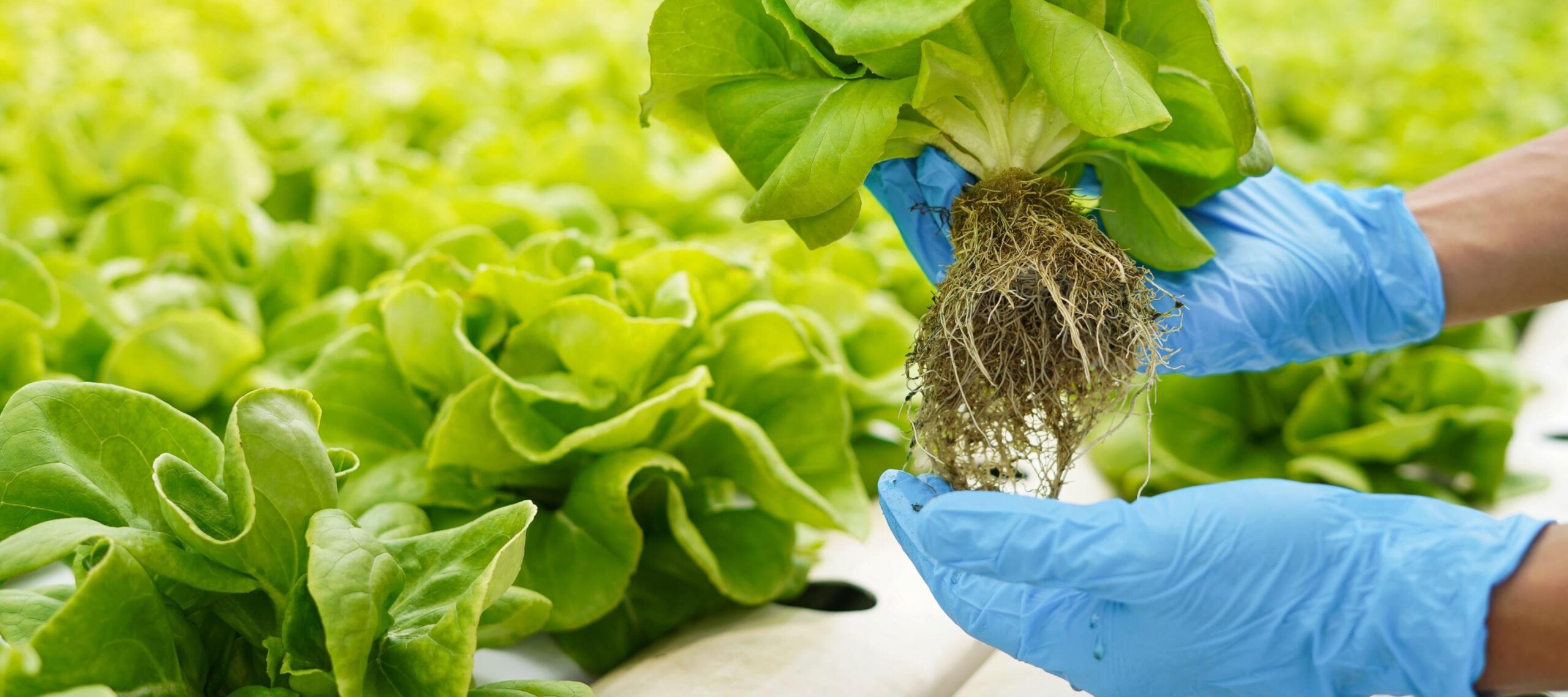Sustainable farming practices are at the forefront of creating a resilient and environmentally conscious agricultural system. By implementing innovative techniques that minimize negative impacts on ecosystems, conserve resources, and promote long-term viability, farmers are playing a vital role in shaping a sustainable future. This blog explores some key practices that are transforming farming landscapes around the world.
- Organic Farming: Organic farming is a cornerstone of sustainable agriculture. It emphasizes the use of natural processes and prohibits the use of synthetic fertilizers, pesticides, and genetically modified organisms. By focusing on crop rotation, composting, and biological pest control, organic farmers preserve soil fertility, protect water quality, and reduce chemical pollution.
- Conservation Tillage: Conservation tillage involves minimizing soil disturbance and reducing the reliance on traditional plowing methods. By leaving crop residues on the soil surface or using minimal tillage techniques, farmers prevent erosion, improve water infiltration, and enhance soil health.
- Agroforestry: Agroforestry integrates trees or shrubs into agricultural systems, offering multiple benefits. Trees provide shade, windbreaks, and erosion control, while also diversifying farming activities. They improve soil structure, enrich fertility through leaf litter, and create habitats for beneficial insects and birds.
- Water Conservation and Irrigation Management: Water is a precious resource, and sustainable farming practices aim to minimize water usage while maximizing efficiency. Techniques such as drip irrigation, rainwater harvesting, and precision irrigation systems help reduce water waste and maintain optimal soil moisture levels.


